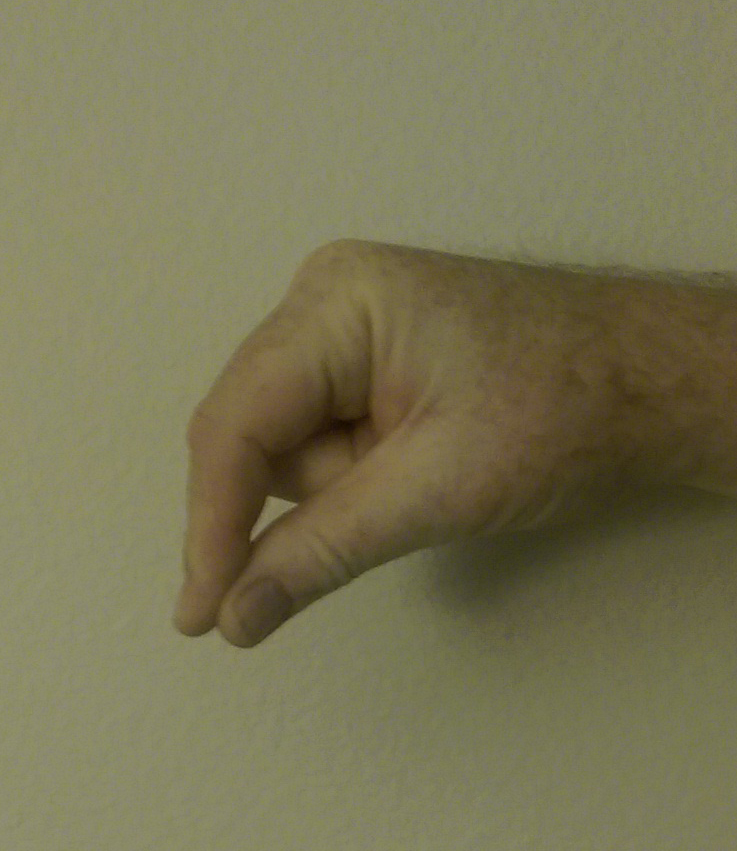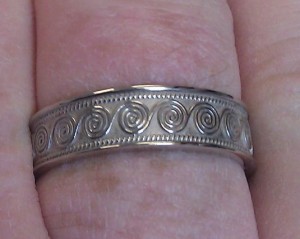Recently, a former colleague sent me an email about a young man I had been involved with during my time on the bench. It made my day (week, month)! More about the email later . . .
When I was working and people asked me what I did, I would usually explain during some part of the conversation that the duty I liked best was working on Child Abuse and Neglect cases (generally referred to as “Dependency”). This surprised most people not familiar with the court, but I would explain that this was the one type of case in which I could actually watch people heal with some resources provided by the State.
I used to preface the initial hearing in these cases by telling parents that the point of the process was not to tear families apart, but to enable them to go forward in a healthy way that is good for the children. The best outcome was always if families could be “fixed” and children could go back to their parents. This was nearly always what children wanted, no matter how bad their parents were. Many times, the transformations were miraculous.
As you can imagine, not all cases wound up the way we hoped. Sometimes parents never could recover and the families were permanently torn apart. Although we hoped to see families reunited, we also kept in mind that adults made choices for themselves. In the chambers of my courtroom, we had large poster boards with pictures of children who had come through the system. They were there to remind us that our court was all about the children. In the cases that did not wind up reunifying, we hoped that we could help the children move on to a more positive life. Sometimes that was with a new, adoptive family or with relatives. Unfortunately, some children remain in foster care for the remainder of their childhood.
I don’t have space to go into all of the negative consequences for children who spend their formative years in foster care, even with the best of foster parents, but there are many. These kids enter adulthood way behind in opportunities for success, so when we get to see a success, it’s exciting! That brings me to the email. Here is what my colleague said:
I had a hearing the other day with a young man named D___. He will be 21 in August. After our conversation at his hearing, I asked him if I could have his permission to share this update with you, and he said yes, he would love that and he really hoped I would let you know how he is doing, because he’s wondered how you are from time to time over the years and wanted to be able to let you know how he was doing, but didn’t know how to do that.
He came into the system in 2010 because of physical abuse by his mother, who also was a drug addict. His father lived out of state. He was placed back with him mom briefly when she seemed to be doing better, but she then passed away, from what I understand was a drug overdose. While his father wanted him to be placed with him out of state, his adult sister here in WA stepped up and asked for placement, which you granted.
D___ told me that he’d last been in court right after his mother died, and that the commissioner on the bench was so kind to him, and so concerned about him, and was also very emotional because – as he understood it – the commissioner had also suffered losses in his life and empathized with him. D____ said that he always remembered that commissioner and wanted to come back to court to see him, but that it was too hard to come back here with his mother gone because coming to court was a reminder that his mom wasn’t coming back.
D____ is graduating with his AA degree and is leaving at the end of August, right after his 21st birthday, on a full ride to California State – Fullerton, to play Division 1 college basketball. He told me all about how he was careful in his choice of schools as he wants to have as much exposure as possible to have the best chances to be seen by the NBA, while also being able to take classes that he’s interested in. He’s also excited to live where the weather will be so much nicer year-round. He said that at the beginning of his case he was angry, and angry CPS and the court got involved in his life, but that he thinks that it was probably the best thing that happened and that he’s grateful that Extended Foster Care helped him support himself so he could get to the opportunity to go play ball at a Division 1 school. He said he didn’t think he would’ve found that opportunity otherwise.
He is a charming, smart, warm young man and I hope you are really proud of the work you did, given impression that you made on him. It was so nice to be able to meet him and hear what he had to say about his experiences.
Commissioner Jennie Laird
Maybe we heard about successes too infrequently, but when we do, it makes it all worth it!






